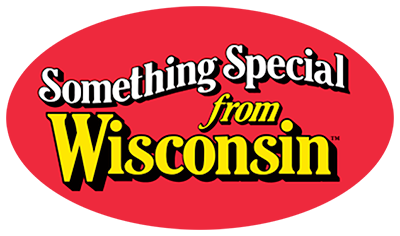The Importance of Local SEO for Small Businesses
By Tyler Van Kleef - Digital MarketerPosted on June 24, 2025

For small businesses, competing with larger, more established brands can feel like an uphill battle. However, local SEO (Search Engine Optimization) offers a powerful way to level the playing field. By optimizing for local searches, small businesses can connect with their target audience at the right time and place, store visits, leads, and ultimately, sales. Here’s why local SEO is indispensable and how small businesses can harness its potential.
Why Local SEO Matters
1. Increased Visibility in Local Searches
When potential customers search for services or products in their area, local SEO ensures that your business appears prominently in search results. According to Google, 46% of all searches have a local intent, making local SEO a critical tool for capturing nearby customers.
2. Improved Trust and Credibility
A strong local SEO presence builds trust. Features like Google My Business (GMB) profiles, customer reviews, and accurate contact information make your business appear more legitimate and reliable to potential customers.
3. Higher Conversion Rates
Local searches often signal intent to purchase. A study by Google found that 76% of people who search for something nearby visit a business within a day, and 28% of those searches result in a purchase. By optimizing for local SEO, small businesses can tap into this ready-to-convert audience.
4. Cost-Effective Marketing
Unlike traditional advertising, local SEO targets users actively seeking your services, making it a more cost-effective strategy. With minimal investment, small businesses can achieve significant visibility and engagement.
Key Components of Local SEO
1. Google My Business (GMB)
Creating and optimizing a GMB profile is the cornerstone of local SEO. Ensure that your business name, address, phone number, and operating hours are accurate and up-todate. Use high-quality images and encourage satisfied customers to leave reviews, as these factors heavily influence local search rankings.
2. Local Keywords
Incorporate location-specific keywords into your website content, meta descriptions, and headers. For example, a bakery in Austin could use phrases like “Austin artisan bakery” or “best cupcakes in Austin” to attract local traffic.
3. Online Reviews
Encourage customers to leave positive reviews on platforms like Google, Yelp, and Facebook. Reviews not only enhance your credibility but also play a significant role in local search rankings.
4. Mobile Optimization
Most local searches occur on mobile devices. Ensure your website is mobile-friendly, with fast loading times, easy navigation, and clickable phone numbers or directions.
5. Local Citations and Backlinks
List your business in online directories such as Yelp, TripAdvisor, and industry-specific platforms. Consistency is crucial for local SEO. Additionally, seek backlinks from local websites, blogs, and news outlets to strengthen your online authority.
Local SEO is more than a buzzword; it’s a game-changer for small businesses looking to thrive in today’s digital-first landscape. By investing in local SEO, small businesses can boost visibility, attract loyal customers, and drive meaningful growth. For advertisers, helping clients unlock the potential of local SEO is an opportunity to deliver real, measurable results that make a difference.

